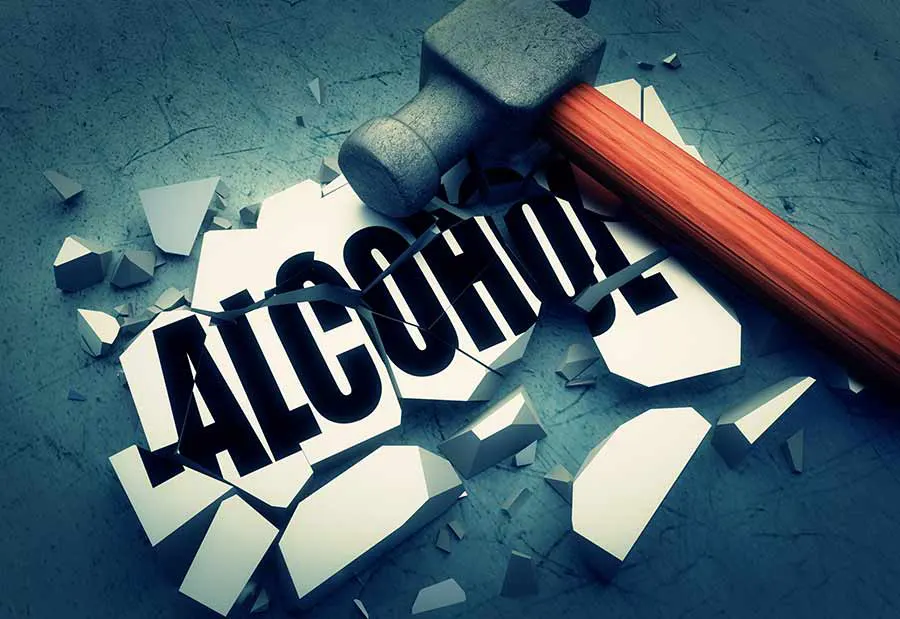Key Takeaways
- Addiction recovery is a journey that involves numerous strategies and support systems.
- Breaking free from addiction requires understanding, patience, and the right resources.
- Support from friends, family, and professional resources can make a significant difference.
- Emotional and physical health go hand-in-hand during the recovery process.
- Relapse prevention strategies are crucial to maintaining long-term sobriety.
Table of Contents
- Understanding Addiction
- Recognizing the Signs
- Starting the Journey to Recovery
- Strategies and Support Systems
- Emotional and Physical Health
- The Role of Community in Recovery
- Relapse Prevention
Understanding Addiction
Addiction is a complex condition that affects millions worldwide. It often stems from genetic, environmental, and psychological factors. Only 10% of Americans, around 21 million, obtain treatment for at least one addiction, according to recent surveys. This concerning figure emphasizes how important it is to raise awareness and make treatment services more accessible.
While various factors contribute to addiction, the journey to recovery can begin at numerous drug treatment centers in Albany, NY, where individuals receive comprehensive care tailored to their unique needs. Understanding that addiction is a disease, not a moral failing, changes how both the individual and society approach recovery.
Recognizing the Signs
Recognizing the signs of addiction can be the first step toward recovery. Symptoms often include changes in behavior, such as increased secrecy, neglecting responsibilities, and engaging in risky activities. Physical health issues, including chronic fatigue, significant weight loss or gain, and frequent illnesses, can also signal addiction. Emotional instability, such as unexplained mood swings, anxiety, and depression, often accompanies these symptoms.
Early intervention can be crucial in addressing the problem before it escalates into a more severe condition. Being vigilant and acknowledging these signs promptly can prevent the long-term damage associated with substance abuse. Early intervention requires honest and open communication with loved ones.
Starting the Journey to Recovery
The journey to recovery can be daunting, but it’s the most courageous step. The initial stage often involves admitting the problem and seeking help. Reaching out to support systems, whether they are friends, family, or professional counselors, can provide the much-needed encouragement to start this journey. Detoxification is usually the first physical step in recovery. This process can be challenging but necessary to cleanse the body of harmful substances.
After detoxification, therapy sessions help address the root causes of addiction. These sessions, which can be individual or group-based, offer a safe space for individuals to explore their feelings and experiences. Cognitive-behavioral therapy is commonly used to help individuals replace negative thought patterns with healthier ones.
Strategies and Support Systems
Effective recovery strategies involve a multi-faceted approach, including behavioral therapy, medication, and support groups. Behavioral therapies teach individuals coping strategies and ways to handle triggers and stress without resorting to substance use. Prescription drugs can be used to treat cravings and control withdrawal symptoms, which makes it simpler to concentrate on getting well.
Support systems, like those offered in Alcoholics Anonymous or reputable therapy groups, can provide the necessary emotional and psychological aid to maintain sobriety. Regular meetings and peer support can create a sense of accountability and community, which is vital for sustained recovery.
Emotional and Physical Health
Maintaining emotional and physical health is crucial during the recovery process. Regular exercise, proper nutrition, and mindfulness practices like meditation can significantly aid recovery. Endorphins are released during exercise and provide a calming and stress-relieving effect. The energy and nutrients required for the body to repair and perform at its best are provided by proper eating.
Mindfulness techniques such as yoga and meditation can help people maintain attention and ground themselves. Research suggests that individuals who incorporate these practices into their daily routines have a higher chance of achieving long-term sobriety. Emotional health is equally important, and seeking therapy to address mental health issues can significantly improve overall well-being.
The Role of Community in Recovery
Community support cannot be overstated in the recovery process. Online forums and neighborhood community centers offer venues for people to exchange experiences and learn from others on similar paths. A robust support system can have a big impact on how well someone recovers. Friends, relatives, and even coworkers can be quite helpful by providing support and empathy.
Evidenced-based practices highlight the importance of community in sustaining long-term recovery. Volunteering and taking part in social activities that foster a sense of purpose and belonging are more examples of community involvement. These pursuits can play a crucial role in establishing a sober new lifestyle.
Relapse Prevention
Relapse is a common part of the recovery journey, but it doesn’t mean failure. Having a relapse prevention plan is essential. This can involve identifying triggers, seeking ongoing therapy, and using tools like healthy living tips from reputable organizations. Triggers can include stress, certain social situations, or even specific locations that remind individuals of their substance use.
Sustained therapy offers a forum for discussing setbacks and victories while assisting patients in creating coping mechanisms. Maintaining a balanced diet, getting frequent exercise, and getting enough sleep are examples of healthy living practices that can enhance general well-being and lower the risk of relapse. Relapse prevention requires maintaining strong relationships with sober communities and creating a solid support system.

